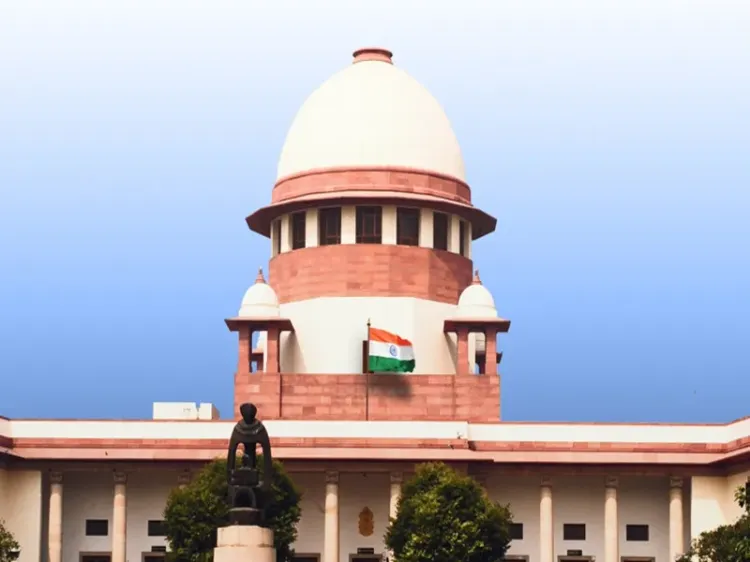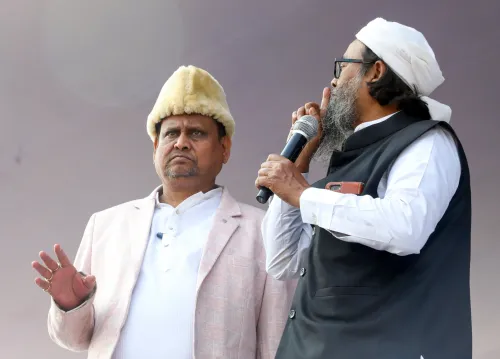Supreme Court Declares Residence-Based PG Medical Reservation Invalid

Synopsis
Key Takeaways
- The Supreme Court deemed residence-based reservation unconstitutional.
- Merit must not be compromised at the PG level.
- Article 14 of the Constitution supports equality in education.
- State quota seats should be filled based on merit.
- Residence-based reservation may be limited to MBBS courses.
New Delhi, Jan 29 (NationPress) The Supreme Court declared on Wednesday that residence-based reservation in Post Graduate (PG) medical courses under state quota is constitutionally invalid.
A bench, led by Justice Hrishikesh Roy, stated that implementing domicile or residence-based reservation in PG medical courses is constitutionally impermissible and cannot be executed.
The court noted that such reservations contradict the principles of citizenship and equality enshrined in the Constitution.
It specified that while institutional preferences or reservations are permissible to a reasonable extent under the Constitution in PG courses, reservations based on ‘residence’ violate Article 14 of the Constitution.
"It is important to recognize that a certain degree of residence-based reservation is permissible for the MBBS course; however, the same does not apply for PG courses," added the Bench, which also included Justices Sudhanshu Dhulia and S.V.N. Bhatti.
It referenced earlier rulings of the apex court, asserting that at the PG level, merit must not be compromised, although some residence-based reservation can be allowed in UG or MBBS courses.
In Chandigarh’s Government Medical College and Hospital, 64 PG medical seats under the state quota were reserved for either the ‘residents’ of Chandigarh or those who completed their MBBS at the same institution.
The prospectus defined ‘residents’ of Chandigarh broadly, including individuals who studied there for five years at any time or children of parents owning property in the Union Territory for five years.
After multiple petitions were filed in the Punjab and Haryana High Court contesting this residence-based reservation, the court ruled that the reservation was based on an outdated principle of domicile and was legally flawed.
Upholding this ruling, the Supreme Court stated: "We are all domiciled in India. We share a common bond as citizens and residents of one country, granting us the right to choose our residence anywhere in India, engage in trade or business nationwide, and seek admission to educational institutions across the country."
The Court asserted that while affirmative action in educational institutions for residents of a particular state can be granted to some extent in MBBS courses, the significance of specialist doctors in PG Medical Courses means that residence-based reservation at this higher level would violate Article 14 of the Constitution.
"Allowing such a reservation would infringe on the fundamental rights of numerous students, treating them unequally solely due to their different state affiliations! This would breach the equality clause in Article 14 of the Constitution and deny equality before the law," the top court further elaborated.
It emphasized that state quota seats, apart from a reasonable number of institution-based reservations, must be allocated strictly based on merit from the All-India examination.










